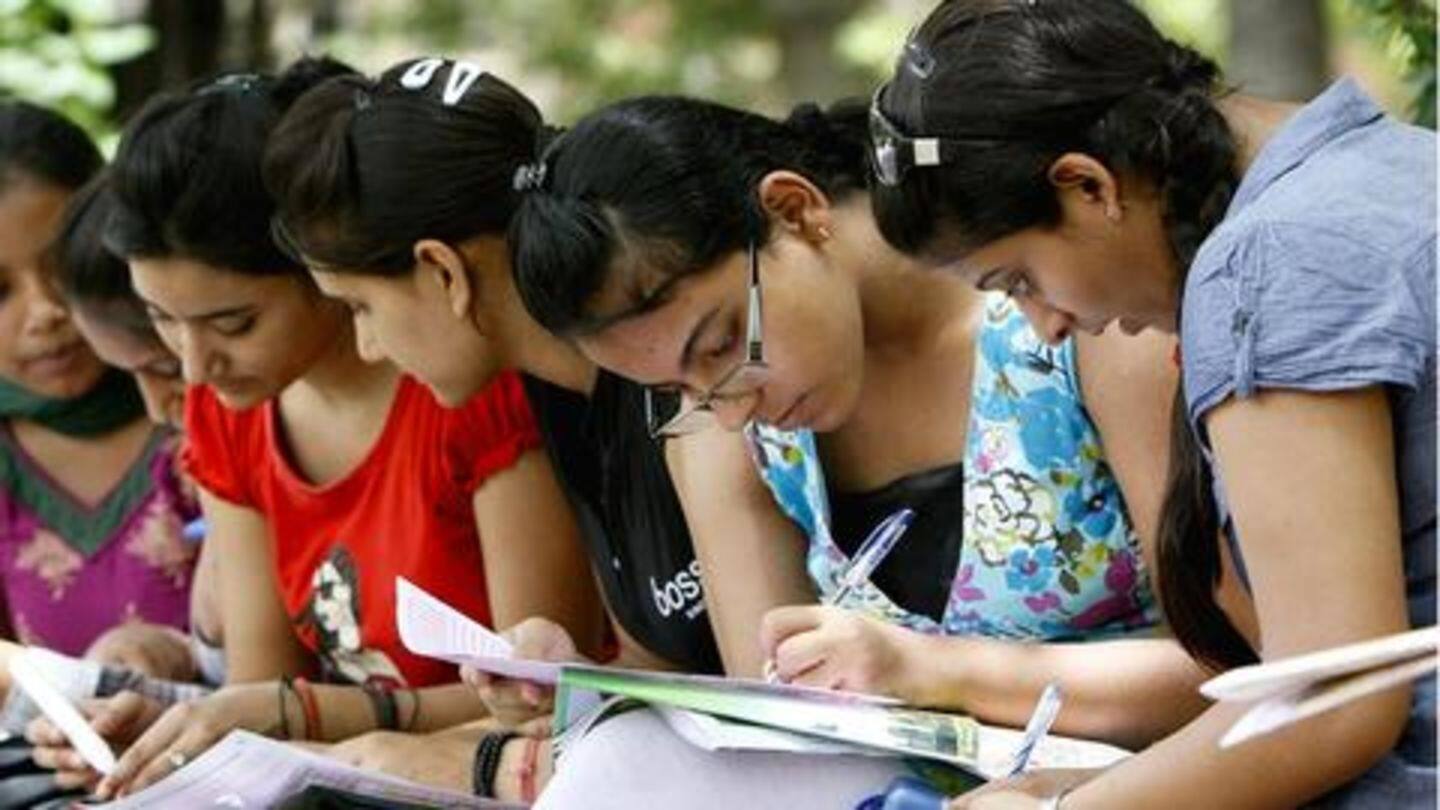
#CBSE2019: How to prepare for Class 10 board exams subject-wise?
What's the story
A student's performance in CBSE Class 10 board exams is crucial as it decides which stream one should choose for a bright career.
The exams are barely months away and students must now start preparing seriously and revising regularly.
The number of subjects and vast syllabus may, however, leave some students confused.
So, to help students plan better, here are some subject-wise preparation tips.
Mathematics
Tips to prepare for Class 10 Mathematics examination
For many students, Math can be tough but it is also a subject in which one can score high.
Mathematics requires a smart approach, thorough understanding of concepts, and regular practice.
Instead of mugging up, they should understand how to apply the formulae, concepts, and theories.
Having a separate notebook or preparing charts/tables for formulae, theories, and methods can be useful for quick revision.
Science - 1
How to prepare for the science exam?
While Class 10 students have only one science paper, preparing for physics, chemistry, and biology separately is recommended.
For physics, students must first focus on understanding and revising the concepts thoroughly. They must also practice numerical questions and study theorems as many questions will be based on these.
They can prepare short notes for important steps and theorems and flashcards/charts for formulae for revision.
Science - 2
What about Chemistry and Biology?
Coming to Chemistry, memorizing Organic and Inorganic Chemistry rules defining the behavior of chemicals is important to understand equations.
Students should practice numerical problems, prepare short summaries of concepts, charts for formulae, reactions, equations, and definitions.
For Biology, apart from studying all the chapters thoroughly, practicing diagrams and labeling them correctly is extremely important.
They can make flashcards for remembering biological processes and terms.
Social Sciences
For Social Sciences, plan preparation methodically for all four subjects
Social Sciences consists of History, Civics, Geography, and Economics. Many find it difficult because of the vast syllabus, but it's a scoring subject.
For History, students should prepare charts/notes for important dates and events. For Civics, students need to memorize chapters properly. For Economics, understanding economic terms and learning definitions is essential.
Geography requires thorough understanding; students should practice map questions to score high.
Information
Cover the entire syllabus and revise regularly
For any subject, students must prepare a study schedule, covering the entire syllabus. They shouldn't skip any topics assuming they aren't important. They must also solve previous question papers, sample papers, and take mock tests and time themselves to manage time better in the exams.